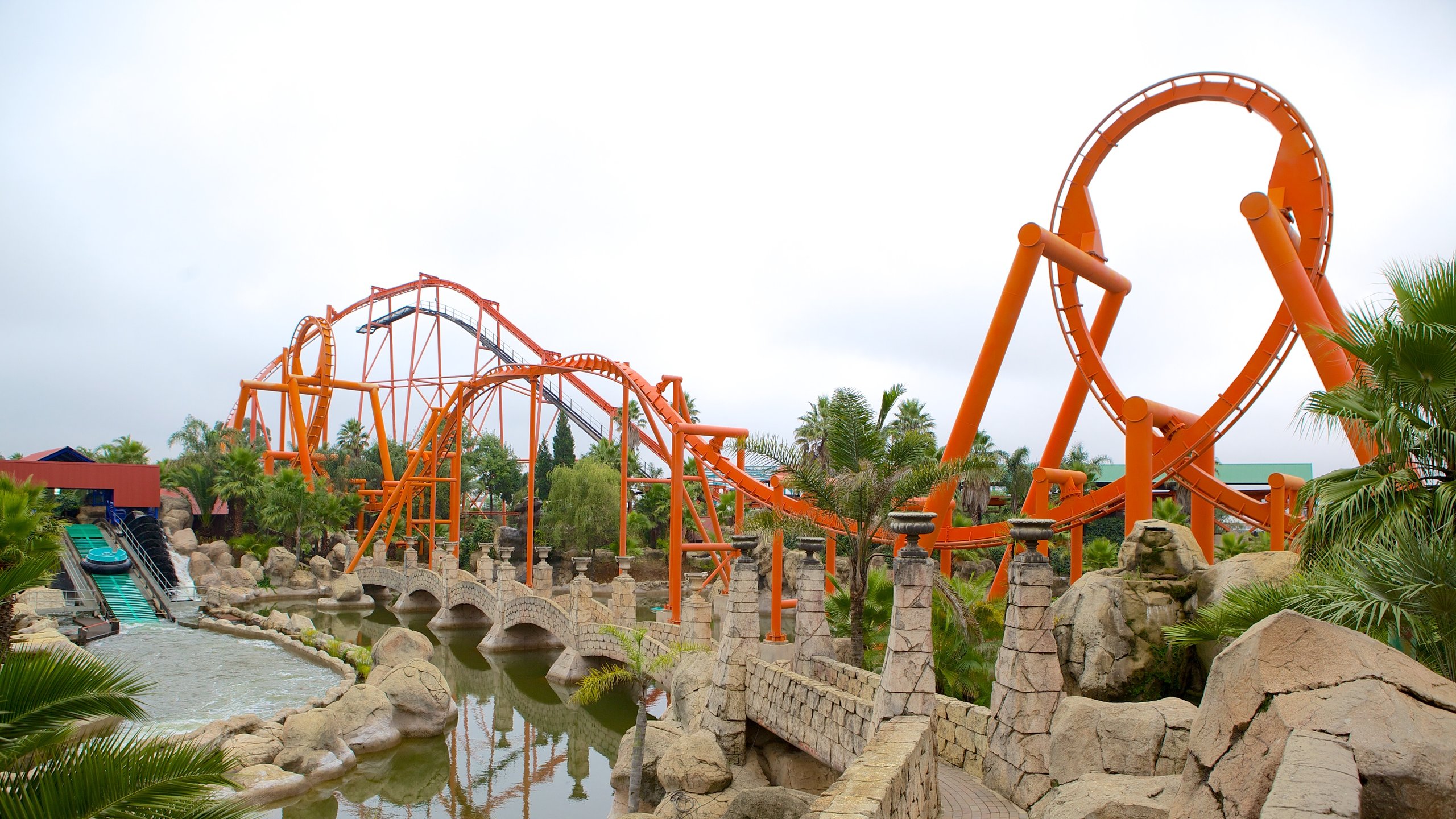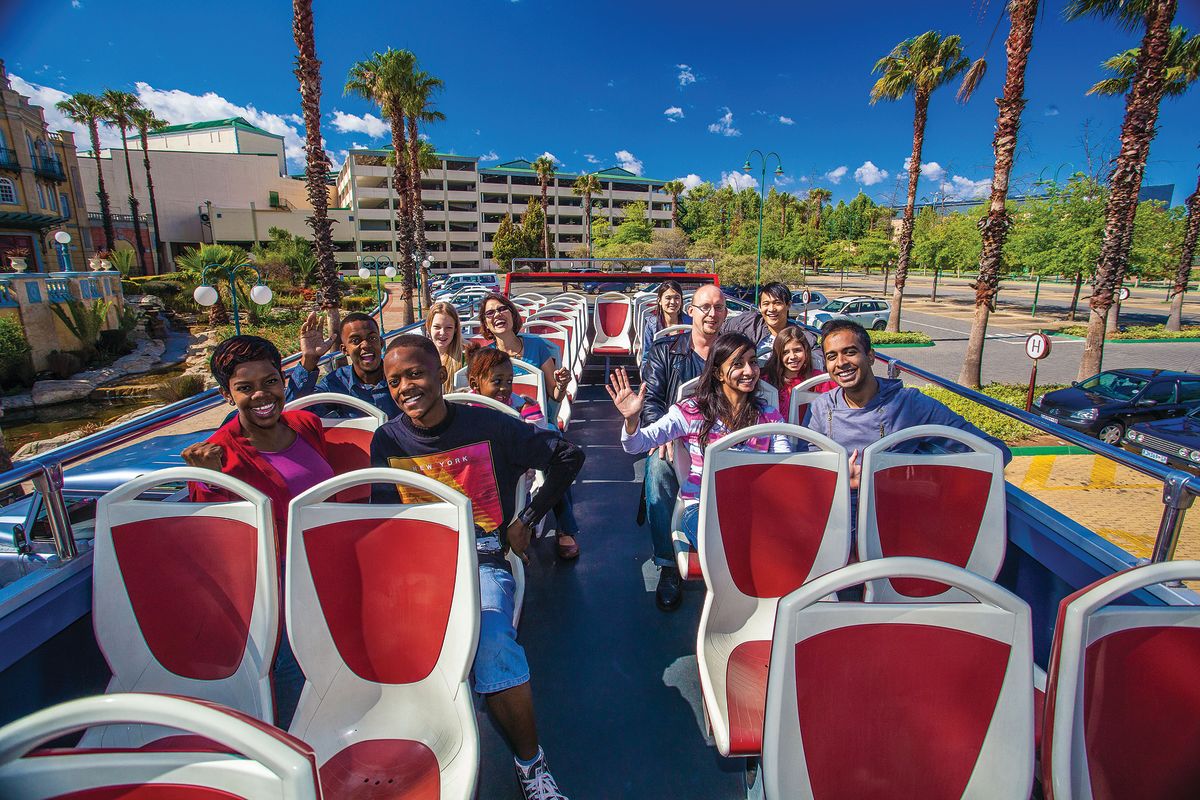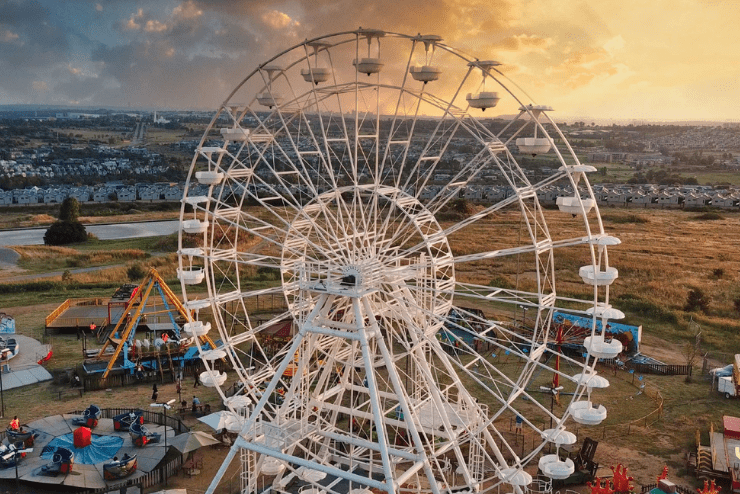Things about Johannesburg North Attractions
Things about Johannesburg North Attractions
Blog Article
Indicators on Johannesburg North Attractions You Need To Know
Table of ContentsJohannesburg North Attractions Fundamentals ExplainedJohannesburg North Attractions Can Be Fun For EveryoneHow Johannesburg North Attractions can Save You Time, Stress, and Money.Getting My Johannesburg North Attractions To WorkEverything about Johannesburg North AttractionsThe Ultimate Guide To Johannesburg North AttractionsThe Definitive Guide to Johannesburg North Attractions
Nevertheless you need to keep protection in mind and vacationers should continue to be sharp whatsoever times when in unknown surroundings. Talk to the locals when you remain in town to discover the area you are remaining in. Johannesburg North attractions. When on the road (this does not apply to shopping center and various other safe and secure settings) ideal basic suggestions is to try your finest to look like a local and to stay clear of presenting any type of kind of wealth
See This Report on Johannesburg North Attractions
Professor Revil Mason O. J. (Thomson, 1946) discovered the Witwatersrand's pre-colonial history. His historical job exploded the 'em pty land' myth, according to which the region was empty of human habitation before the arrival of European inhabitants. In his magazines Prehistory of the Transvaal: A Record of Human Task (1962) and Beginnings of Black People of Johannesburg and the Southern Western Central Transvaal AD 3501880 (1986 ), Teacher Mason showed the degree of social and financial development in the area prior to Europeans set foot right here.

Our Johannesburg North Attractions Ideas
In 1878, David Wardrop found gold in quartz blood vessels at Zwartkop, north of Krugersdorp. In 1881, Stephanus Minnaar came throughout gold on the ranch Kromdraai, near the Cradle of Humankind.
In March 1886, an outcropping (soon to be called the Main Coral reef) was located, quite fortuitously, on Gerhardus Oosthuizen's farm Langlaagte. Some state that the Lancastrian coal miner George Walker uncovered this coral reef. Another itinerant English miner, George Harrison (that had formerly functioned in Australian mines) acquired a prospecting permit in respect of Langlaagte in May 1886.
He decided to go on in a quest for greener pastures, and disposed of his Langlaagte case for the princely sum of 10. Alas: underneath lay the wealthiest goldfield ever before found. The exploration of this abundant auriferous coral reef prompted a gold rush that signified completion of agrarian serenity in the southern Transvaal.
It would certainly, within six years, come to be the biggest town in southern Africa. Within a years, it would certainly make the Z. A. R. up until then an anarchical and insolvent little state the richest nation in Africa. By the turn of the century, the Z. A. R. was to surpass Russia, Australia and the United States of America to become the globe's leading gold producer, producing greater than a quarter of the globe's gold.
Excitement About Johannesburg North Attractions
It was referred to as Ferreira's Camp, called after Colonel Ignatius Ferreira. He was a Boer traveler upon whom the British authorities had actually presented the standing of Companion of the A Lot Of Identified Order of St Michael and St George (entitling him to the post-nominal letters C. M. G.) in thankfulness for his duty in the battle that had deposed the Pedi king Sekhukhune in 1879.
Quickly the camp was bursting with camping tents and wagons as beginners arrived daily from everywhere. By September 1886, some 400 individuals stayed in Ferreira's Camp, which quickly boasted built iron and lumber structures. 2 other camps were established: Meyer's Camp on the ranch Doornfontein, and Paarl Camp. The latter was nicknamed Afrikander Camp; numerous people from the Cape Nest worked out there.

Excitement About Johannesburg North Attractions
This name got currency by this contact form word of mouth, such that the State Assistant affirmed the name to the Mining Commissioner on 9 October 1886. Stands in the town were auctioned on 8 December 1886. While some stands were offered for 10, others were torn down for just sixpence.
2 years later, these erven were to transform hands for as much as 750 each. The tented camps decreased as a dorp of corrugated iron buildings developed and broadened north of the mines located along the Key Reef Roadway. Locations such as Jeppe's Town (where working-class immigrants erected their residences) and Doornfontein (where the upscale new 'Randlords' began to construct their extravagant homes) were soon included to the ever-expanding map of the town.
The Of Johannesburg North Attractions
Apart from the road names, there were no signs of Johannesburg being situated in a Dutch-speaking nation. Lots of years later on, C. W. Kearns O. J. (one of the initial kids signed up at St John's College in 1898) would certainly remember: 'An odd reality about Johannesburg was that, although it remained in the [Boer Republic], virtually every person spoke English and also the Federal government slaves addressed one in English, unless they were very first dealt with in the Taal (or Reduced Dutch)'.
Thus, Britain had a rate of interest in making certain optimal conditions for gold production on the Witwatersrand, which the gold was exported to London instead of Berlin More Help an imperative rendered all the much more clamant by the Z. A. R - Johannesburg North attractions.'s increasing toenadering with Germany. Mine owners got on a clash with Head of state Kruger, whose plan of monopolistic concessions (usually approved to his cronies) protected against mining companies from procuring supplies of materials (particularly dynamite) and labour on their very own, more affordable terms
Some Known Facts About Johannesburg North Attractions.
In 1890, the Volksraad had limited the franchise business to white men who had stayed in the Z. A. R. for fourteen years or longer, hence disqualifying the majority of the immigrants (that took place to be the major factors to the fiscus). Frustration for the Read Full Article ballot was a plain pretense for promoting a different program; a lot of uitlanders regarded themselves as temporary site visitors and had no intention of continuing to be in the Z.
Report this page